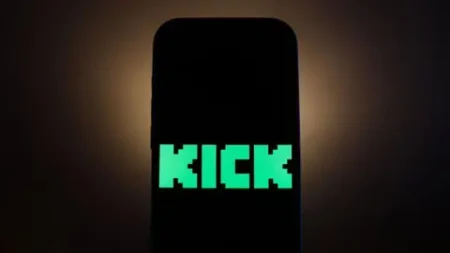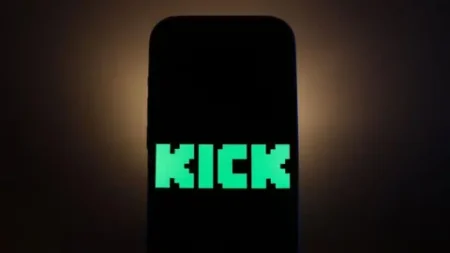In a significant development within the tech industry, Perplexity, an artificial intelligence (AI) start-up, has made a surprising offer of $34.5 billion (£25.6 billion) to acquire Google Chrome, the world’s leading internet browser. This unexpected move highlights the ongoing transformation in the realm of digital technologies and the shifts in competitive dynamics. Perplexity’s bid comes as an intriguing response to the increasing scrutiny surrounding Google’s market dominance and the potential for regulatory changes.
Perplexity argues that transitioning Chrome to an independent operator with a vested interest in user safety could provide substantial advantages to the general public. This is articulated in a letter addressed to Sundar Pichai, the CEO of Alphabet, Google’s parent company. The letter underscores the belief that such a transition could facilitate better user experience and safety. The AI start-up’s proposition aligns with an ongoing conversation about the ethical implications of tech monopolies and consumer protection, especially in light of Google’s extensive control over the search engine and online advertising market. The company has been embroiled in a lengthy antitrust case instigated by the US Department of Justice, raising serious questions about the sustainability of its current business practices.
As of now, Google has not signaled any intentions to sell Chrome, which boasts over three billion users globally, making it the most popular web browser in existence. The BBC has sought comment from Google regarding Perplexity’s acquisition bid. The timing of this overture is critical, with a US federal judge expected to rule on potential breaks within Google’s search business, which could complicate the tech giant’s future operational structure and market strategy.
It is essential to note, however, that many analysts are skeptical about the feasibility of Perplexity’s offer. Industry experts, such as Tomasz Tunguz from Theory Ventures, have suggested that the bid falls significantly short of Chrome’s actual market value. According to Tunguz, the browser could be worth as much as ten times the amount Perplexity is proposing, which raises questions about the likelihood of successful negotiations or the acceptance of such an unsolicited takeover.
Furthermore, any potential breakup of Google’s services, including Chrome, is expected to elicit considerable pushback from the company. Google has indicated that it would appeal any ruling that supports a spin-off of its browser, characterizing such a move as unprecedented and detrimental to both consumer interests and internet security.
In the competitive landscape of generative AI, Perplexity is poised among rising players such as OpenAI’s ChatGPT and Google’s own Gemini. Last month, Perplexity rolled out an AI-powered browser named Comet, reflecting its commitment to innovation in the space. Perplexity’s spokesperson communicated that the bid represents a significant commitment to open web principles, user choice, and continuity for existing Chrome users. As part of the proposal, Perplexity has pledged to maintain Google as the default search engine within Chrome, while allowing users the flexibility to modify their settings.
Despite the ambitious nature of the offer, Perplexity has not provided details on how it plans to finance this potential deal. The start-up, valued at an estimated $18 billion as of July, has seen mounting interest from major tech companies including Apple and Meta, the parent company of Facebook, which adds another layer of intrigue to its strategically timed offer.
In conclusion, Perplexity’s bold move to acquire Google Chrome encapsulates the current environment of technological evolution. It raises critical discussions about the ownership and management of integral digital infrastructure and the broader implications for consumer rights and data security. The outcome of this bid remains uncertain, but it underscores the escalating competition within the tech arena as new players strive to disrupt established norms and practices.










